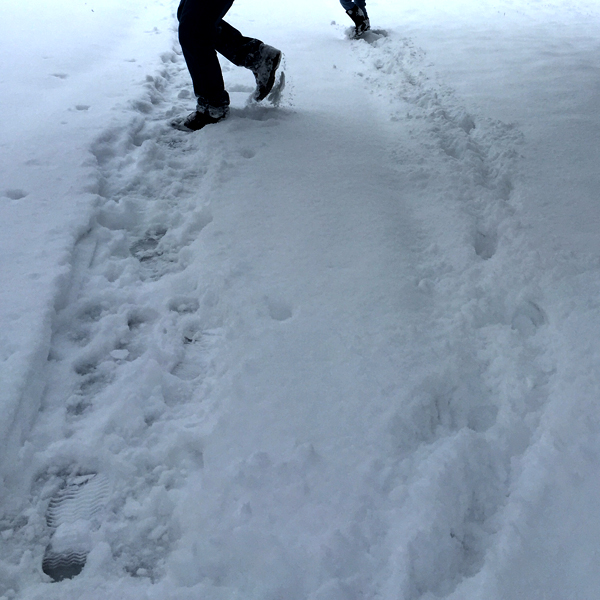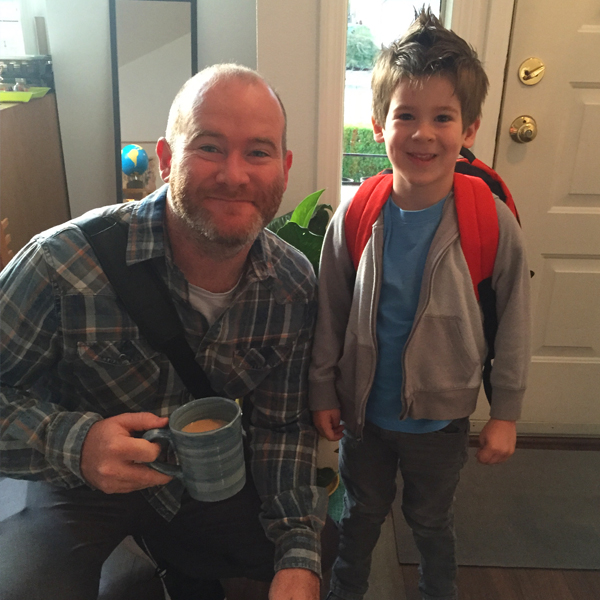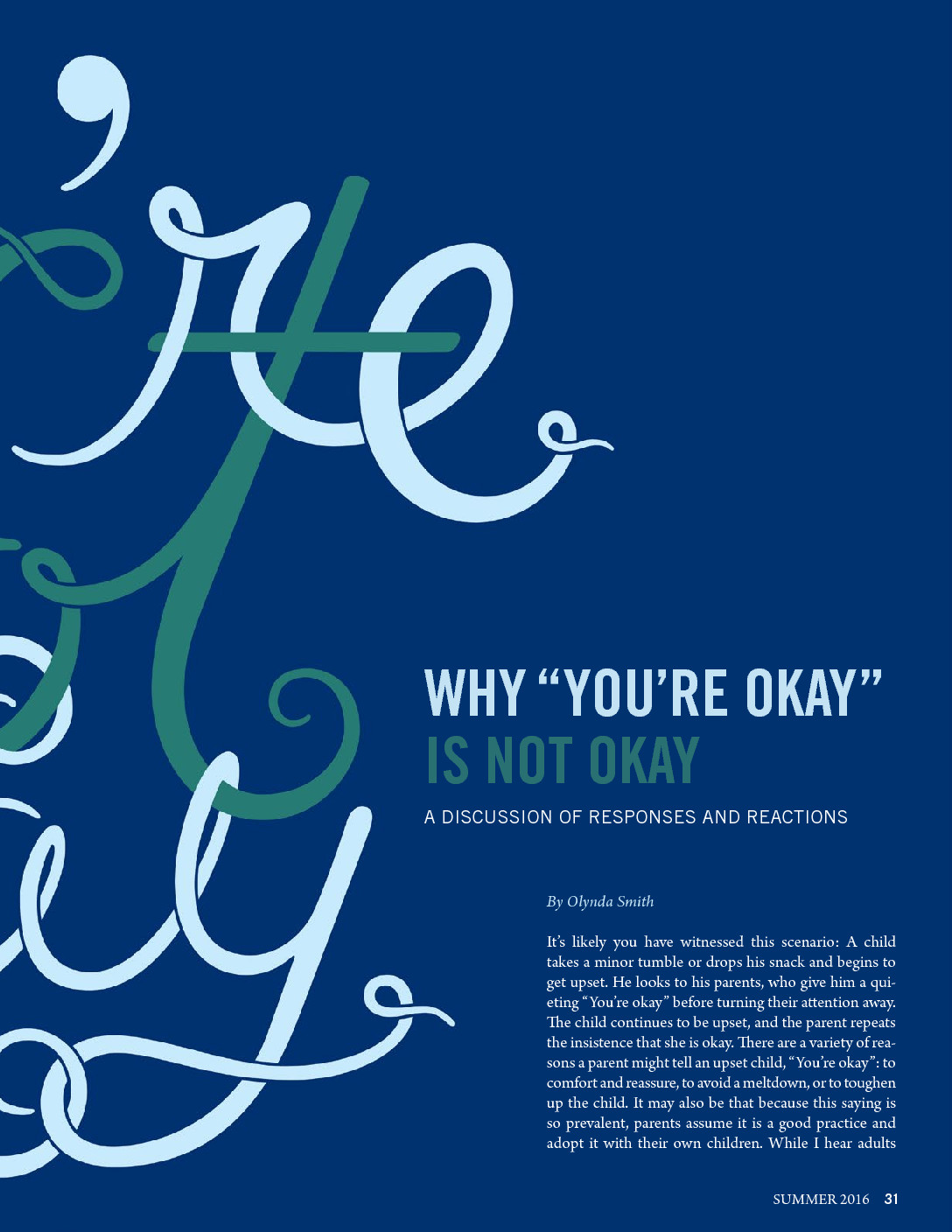Understanding Emotional Intelligence
(for Dads)
Today, I was given a great dose of parental learning on Emotional Intelligence. While walking our son Perrin to school through the glorious aftermath of Portland’s Snowmageddon ’17, we committed the very grave sin of arriving late. When we were greeted at the door, a woman handed a large red slip to Perrin and said “hand this late slip to your teacher”. The mood instantly changed for both of us. Perrin, suddenly confronted with something he perceived to be very wrong, started lagging further and further behind. As we approached his classroom door, right at the edge of the doorway, he stopped completely and curled up into a ball, unable to proceed further. I tried very hard to ignore this behavior as if it would go away, asking in my best tone of confusion “What’s wrong?”, knowing exactly what the answer would be. All he could do was cry, and shake his head, knowing that once he passed that doorway, he would have to hand that horrible red slip to his teacher. If you are like me, often the response to a difficult situation like this is “Don’t worry, you’re ok.”

That is what was told to me as a kid, and I have observed parents whom I admire doing the same thing. Many of our efforts as parents stem from our own experiences, or convention, and very often we look back to our own childhood for answers. We always want to fix the problem based on how we work through our emotions, or how our parents handled us, because after all, we turned out ok, right? In reality, children need to find the way through their emotions themselves, perhaps guided, but never commanded. Being allowed to express this sadness, anxiety, or other raw emotion is the great and grand exercise that will develop their emotional intelligence. For some of us the concept of emotional intelligence is a fairly new one, and it can seem like no answer is the right one when we are trying to empathize and connect with our struggling child. The following article from the American Montessori Society by Olynda Smith demonstrates that this commonly used technique of “Don’t worry, it’s ok.” can potentially do more harm than good.
I would advise you to be careful when reading articles like this, that we don’t go down the road of “I have been doing this all wrong.” Instead, maybe we hear our kid out, get down on their level, and give them the opportunity to just be sad about something for a bit, express that anxiety, and move through it. I promise you it will always take longer than you have time for, and very often, it will happen on days when you are running late, that’s just the way these things work. What can I say, some victories are worth it.




